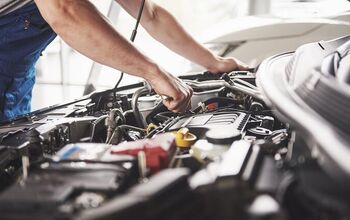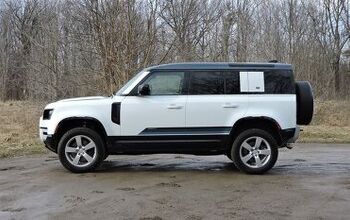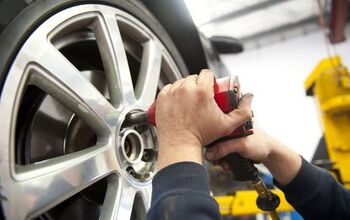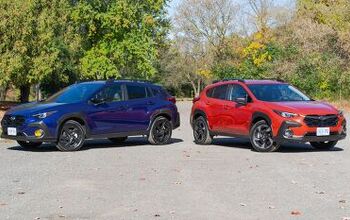New National Graduated Driver License Gives U.S. Teens Something to Rebel Against
Parents of teens have enough to worry about. A new bill that creates a national standard for young drivers that’s being lobbied in the U.S. could help ease at least one of their concerns. The result would be one standardized national graduated driver licensing (GDL) system that would replace the varying state-to-state programs in effect now.
Right now, every state except North Dakota has a GDL for teens that includes three phrases. Restrictions for these young drivers under the new GDL include night time driving, limits on the number of teen passengers and a minimum age of 16 for getting a learner’s permit. As it stands now, 42 states allow learner permits before age 16.
Although some teens will make a stink about it, these types of programs are effective, and the numbers prove it. According to the Insurance Institute for Highway Safety (IIHS), states that have imposed tough restrictions on licensing have had crash reductions ranging from 10% to 30%. When Massachusetts put their GDL into effect three years ago, they saw fatalities for drivers younger than 18 fall to 75%, and injury crashes involving these drivers went down to 38%.
Dubbed the Safe Teen and Novice Driver Uniform Protection bill, one of the co-sponsors, Sen. Amy Klobuchar, D-Minn, says, “It’s a very important time of year. Kids are out for proms and graduation parties. A lot of kids start driving in the summer. The basic point is to put more standards in place for those first few years when they’re learning to drive.”
But not everybody agrees that this type of policy is the way to go. “I think doing this would be a horrible idea,” says Alex Koroknay-Palicz, executive director of the Alex Koroknay-Palicz. “Part of the beauty of our federal system is allowing states to be laboratories and having different policies and approaches to difficult problems.”
IIHS estimates that raising the minimum age for a learner’s permit would reduce crash fatalities of 15- to 17-year-olds by roughly 13%.
Do you think a national graduated driver licensing system is a good idea or just a buzz-kill for teens? Leave your comments below.
[Source: MotherProof]
More by Amy Tokic
































Comments
Join the conversation
Driving conditions are very different throughout the 50 states. The conditions in New York are very different from those in Nebraska. A one size fits all policy for drivers licensing would be a terrible idea. Also it is a terrible idea to raise the minimum age to have a license to 18. Many 16 to 18-year-olds have jobs and many activities they go to and simply cannot just rely on their parents to cart them everywhere. Also, raising the age to drive will just mean that more 18 and 19-year-old drivers get in accidents. I fully believe that teen accidents are caused by inexperience, not immaturity or the "teen brain". If a person weren't able to drive until they were 25, wouldn't they be prone to accidents and mistakes even though their brain was supposedly fully developed? I think so. How about schools teach good drivers ed courses starting in the seventh grade and straight through to the tenth where the student could get their license at 16 with three years of good, solid instruction behind them? I think that would do far more to make the roads safer than robbing teens of yet another right of passage.
The STANDUP Act wouldn't actually replace or override the various state laws. It would create minimum standards that the states would have to meet ~ and most states already have some or most of the standards in the bill. States could still have their own laws, as long as the meet or exceed the suggested standards. This is exactly the same way that commercial driver license standards work. Also, in response to the above comment, yes there are different driving conditions in the states. Driving in rural states like Nebraska or North Dakota is actually DEADLIER than urban areas. If anything, the laws there should be stronger, not weaker! Finally, the STANDUP Act does NOT delay licensing to age 18. That's the age when restrictions would be lifted. You could still get your license at age 16 years and six months! (It's in the bill, which is available online.)